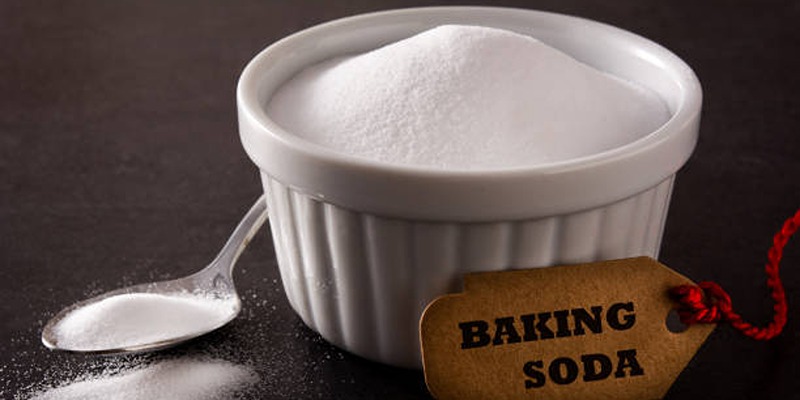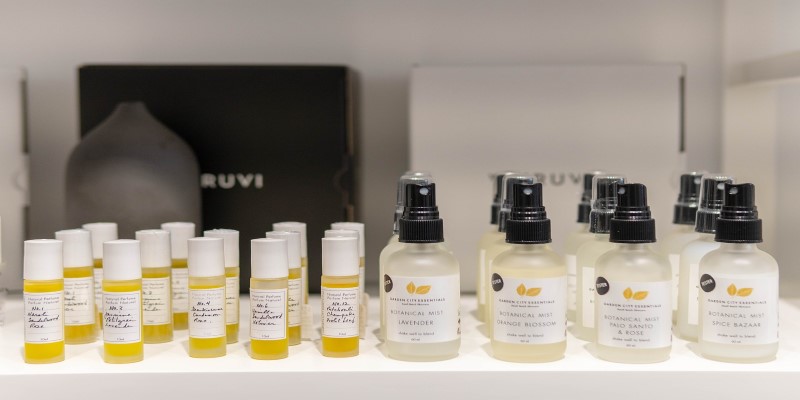The mild acid boric acid, having the molecular formula H₼BO₼, is well-known for its many useful uses. Its antiviral, antifungal, and antiseptic qualities set it apart from other substances and increase its value in many industries. Boric acid's antibacterial characteristics make it useful in treating certain illnesses, particularly yeast infections; this makes it a common ingredient in many commercial, industrial, and home products. Its primary industrial use is as a fire retardant and in the production of glass and fibreglass. As a preservative and pesticide, it finds widespread application in homes. The chemical features and many uses of boric acid are highlighted in this review, demonstrating its significance in several areas.

Boric Acid in Healthcare: Therapeutic Applications
Boric acid's antibacterial and antiseptic qualities make it an important tool in the fight against infections. There is a lot of evidence that it may help with yeast infections, such as Candida. An effective therapy option, particularly for recurring infections resistant to standard antifungal drugs, boric acid alters the pH environment, inhibiting the development of yeast.
Boric acid has several uses in wound care in addition to yeast infections. It may be used to clean and cure small burns and wounds because of its antibacterial qualities, which help prevent infection and speed up the healing process. The gentle antibacterial qualities of boric acid make it an ideal ingredient in eyewash solutions used in ophthalmology to soothe inflamed eyes and remove infections.
Boric acid's calming and antibacterial properties make it a popular ingredient in dermatological skin care products. Because of its anti-inflammatory and antibacterial properties, it is useful in treating acne and athlete's foot, among other skin diseases.
Boric acid's adaptability and effectiveness are shown by its medicinal uses in healthcare. Despite its usefulness, it should only be used under the supervision of a medical professional due to its toxicity at greater doses. As a treatment for a wide range of skin disorders and infections, boric acid continues to play an important role in modern medicine.
Boric Acid in Home and Hygiene
Because of its antibacterial and insecticidal characteristics, boric acid has found widespread application in household cleaning and hygiene products. When it comes to household cleaning, it works well as a disinfectant, especially in high-traffic areas like the bathroom and kitchen. Because it kills microbes, it may be used to disinfect, eliminate stains, and prevent the spread of mould.
Boric acid's reputation as a natural pesticide precedes it in household usage. Cockroaches, ants, and other common domestic pests are especially targets of its effectiveness. You may reduce infestations by applying it to locations like cracks, crevices, and along baseboards. It serves as a poison that insects transport back to their nests.
Boric acid is a component of some toiletries used for personal cleanliness. With its antifungal characteristics, it helps prevent infections like athlete's foot and is used in foot powders and bath bombs.
Boric acid has many uses, but it is essential to use it safely while working with it in the house. Keep it out of the reach of children and pets and away from any locations where food is stored. Be cautious not to breathe it in or let it come into touch with your skin for an extended period of time; it should never be consumed. Boric acid is a useful tool for keeping the house clean and hygienic when used properly.
Agricultural and Gardening Uses of Boric Acid
Boric acid is a chemical that has several uses in agriculture and horticulture. It is gentle and flexible. For plants, its primary function is as a micronutrient that promotes vitality and development. As an essential component of cell walls, it helps plants to withstand harsh conditions. Boric acid also works well as a pesticide, especially against termites, cockroaches, and ants. Because it may upset the digestive systems of bugs, killing them, it is useful as a pesticide.
It is essential to follow specific instructions for efficient use in gardening. Thoroughly monitoring the content of boric acid is essential since it may be hazardous to plants in excess. Boric acid, when mixed with water to make a gentle solution, may be sprayed over plants or applied directly to soil according to the suggested method. This technique lessens the likelihood of plant harm while ensuring a uniform dispersion. To protect oneself from potential danger, it is essential to follow safety protocols such as donning gloves and not inhaling the powder. Boric acid is a great tool for gardeners since it improves plant health and offers a long-term solution to insect problems when applied moderately on a regular basis.

Boric Acid in Industrial Applications
Boric acid is an essential component in many industrial processes due to its distinctive chemical characteristics. It is a crucial ingredient in making glass and fibreglass because it increases the transparency, strength, and heat resistance of these materials. Floating point is an essential ingredient in many common household items, including insulating fibreglass, borosilicate glassware, and liquid crystal display screens (LCDS).
Boric acid's antifungal and insecticidal properties make it useful in the preservation industry. It prevents wood from deterioration and insect damage and is often used for wood preservation. In industries where the endurance and durability of wood goods are paramount, such as building and furniture production, this use takes on further significance.
The use of boric acid in metal processing is common in the field of metallurgy. Soldering and welding rely on it as a flux, which cleans metal surfaces and makes joining easier. Its significance in the manufacturing of premium metal goods is highlighted by its function in the refining and processing of metals.
Boric acid also serves as a neutron absorber in nuclear reactors, which is an important function in the nuclear industry. By keeping the nuclear fission process under control, we can make sure that nuclear power is safe and stable.
The wide range of industrial uses for boric acid highlights its adaptability and significance in the production, storage, and processing of materials. Because of its exceptional qualities, it is an essential component in many different industries, greatly improving both production efficiency and product quality.
Boric Acid Remedies: From Antiseptics to Pest Control
Boric acid is a very versatile chemical that has several restorative uses. Because of its antibacterial qualities, it is highly esteemed in the medical field. It helps cure small burns and wounds by lowering the risk of infection; it is often mixed with other solutions and ointments. When used topically, it helps treat skin infections like athlete's foot because of its moderate antifungal properties. One useful tool in the fight against eye irritation is a diluted solution of boric acid, which may be used as a calming eyewash.
Boric acid is quite useful for preventing pest infestations in the home. Its effectiveness in warding off termites, cockroaches, and ants has been extensively studied. The ingestion of boric acid impairs the digestive system of these pests, resulting in their elimination without the use of harsh treatments. This quality makes it a popular option for those who prioritise the environment.
Nevertheless, extreme care must be used while working with boric acid. Any kind of direct touch, especially if swallowed or breathed in, may be dangerous. When applying to the skin or taking care of the eyes, it is very important to dilute the product properly to prevent any potential irritation or toxicity. Boric acid should not be placed in locations where children or pets may get to it unless it is used in a very planned manner for pest management. Boric acid is safe and effective for routine usage, provided these precautions are followed.
Conclusion
Boric acid is very useful in many different contexts, such as a micronutrient for crops, an effective disinfectant, and a pesticide. You can't deny its usefulness; it helps with wound healing, insect control in an environmentally conscious way, and plant health. Nevertheless, being sure to use it safely and with knowledge is essential for maximising these benefits. Boric acid must be handled with care, diluted, and placed appropriately before being used in daily life. Boric acid is a useful and sustainable resource since it is adaptable and people should use it safely so that it may be used in many different ways.




